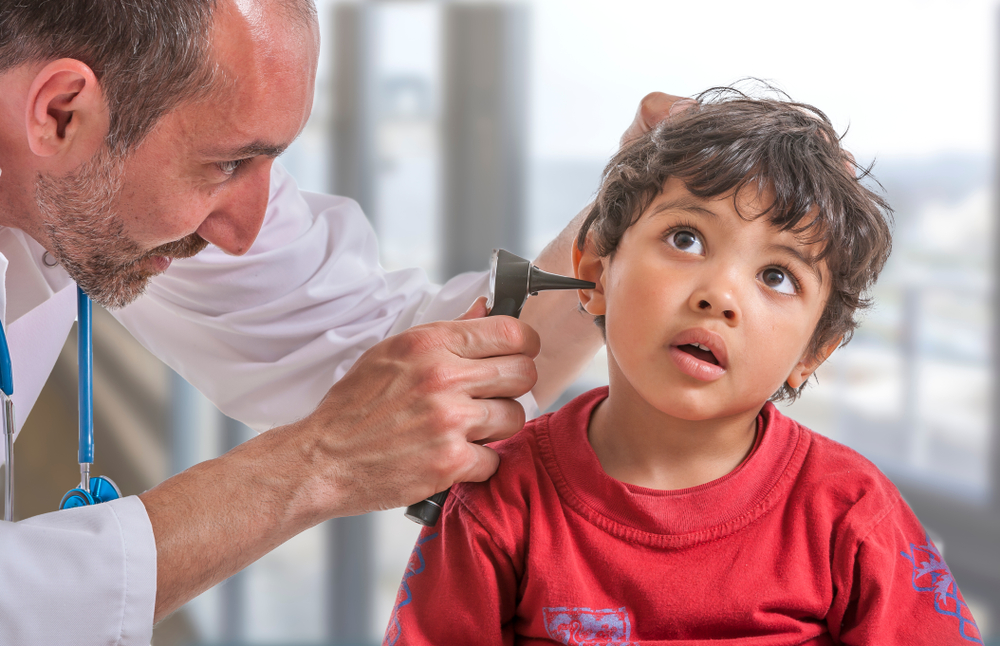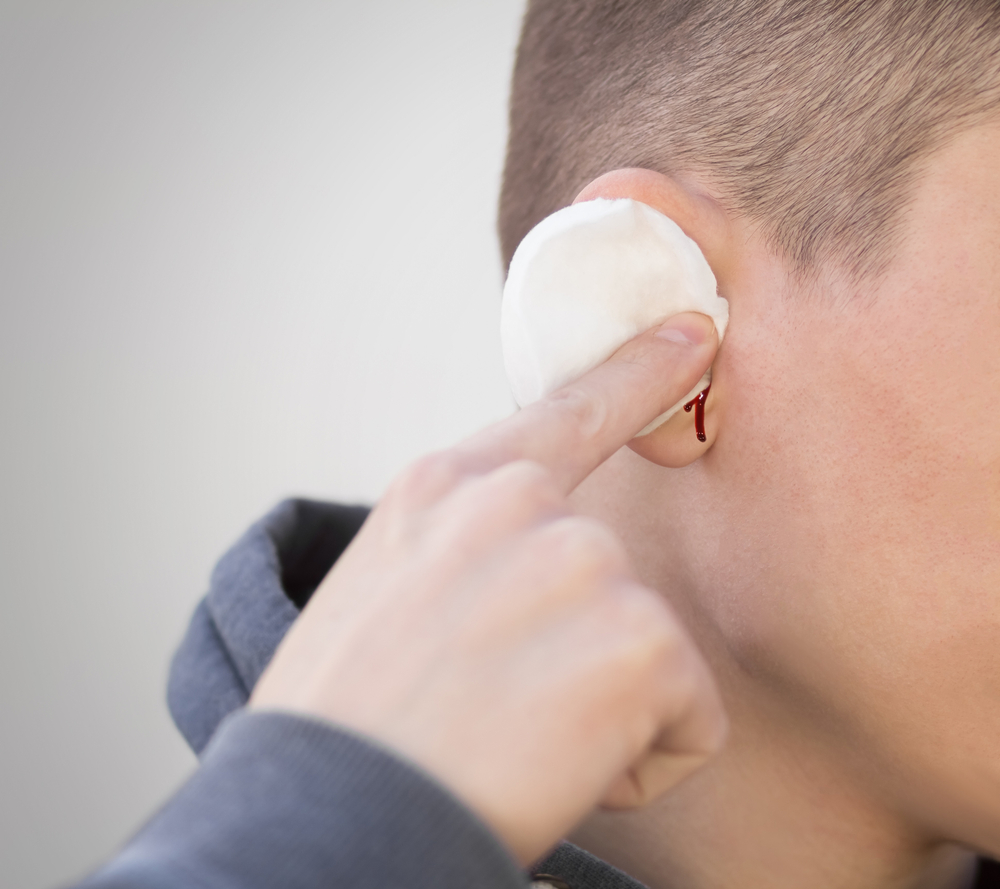Your face contains a network of hollow spaces, specifically four cavities known as sinuses. These sinuses play a crucial role in draining mucus from your nose, which helps eliminate allergens and germs, enabling easier breathing and maintaining overall health.
Under normal conditions, this drainage system functions efficiently. However, there are instances when your sinuses can become infected, leading to discomfort and other symptoms.
What are sinus infections?
A sinus infection occurs when these hollow spaces become inflamed and swollen, trapping mucus and germs. This blockage results in headaches, congestion, and a general feeling of discomfort. Sinus infections can be particularly stubborn due to impaired drainage.
For some individuals, this condition becomes more severe and prolonged, evolving into chronic sinusitis.
What is chronic sinusitis?
While a typical sinus infection may resolve in a few days or weeks, chronic sinusitis is defined by symptoms that persist for 12 weeks or longer. Unlike acute infections, chronic sinusitis symptoms are constant and can significantly impact daily life.
Chronic sinusitis often involves recurring symptoms that ebb and flow but never fully disappear. This can lead to prolonged discomfort and interfere with your quality of life.
What are risk factors for chronic sinusitis?
Certain factors can increase your likelihood of developing chronic sinusitis. These include:
- Nasal Polyps: Growths in the nasal passage can block mucus drainage.
- Deviated Septum: An irregular nasal structure can impede normal mucus flow.
- Frequent Infections: Repeated bacterial or viral illnesses can contribute to chronic inflammation.
- Chronic Respiratory Conditions: Conditions like asthma, allergies, or cystic fibrosis that block airways and increase inflammation.
Any condition that hampers mucus drainage or promotes inflammation can increase the risk of chronic sinusitis.
Diagnosing chronic sinusitis
Diagnosis involves several steps to confirm chronic sinusitis:
- Medical History and Physical Exam: Your ENT will review your symptoms and medical history, conducting a physical examination.
- Imaging Tests: X-rays, CT scans, or MRIs provide detailed views of your sinuses.
- Nasal Endoscopy: A small camera (endoscope) allows your doctor to examine the inside of your nasal passages.
- Sinus Cultures: These tests help determine whether the infection is bacterial or viral, guiding appropriate treatment.
Accurate diagnosis is essential for effective treatment, as it ensures the correct approach for the specific infection type.
Treating chronic sinusitis
Treatment strategies for chronic sinusitis vary, beginning with conservative approaches and progressing to more intensive methods if necessary.
Conservative treatments
- Nasal Irrigation and Saline Sprays: These help reduce irritation and promote mucus drainage.
- Avoiding Allergens: Identifying and avoiding triggers such as pet dander or pollen can prevent sinus inflammation.
- Humidifiers and Steam Inhalation: Moist air can alleviate dryness and support mucus clearance.
Medications
- Antibiotics: Prescribed only if a bacterial infection is confirmed.
- Corticosteroids: Used to reduce inflammation and swelling in the sinuses.
- Decongestants: Help clear mucus and relieve congestion.
These medications can come in various forms, such as pills or nasal sprays, depending on what works best for the patient.
Surgical options
In some cases, surgery may be necessary to relieve chronic sinusitis:
- Functional Endoscopic Sinus Surgery (FESS): Improves sinus drainage by correcting structural issues.
- Balloon Sinuplasty: A minimally invasive procedure that expands sinus passages to promote drainage.
Managing chronic sinusitis
Effective management involves lifestyle changes to prevent flare-ups and maintain sinus health:
- Environmental Adjustments: Reduce exposure to allergens, maintain clean indoor air, and use air filters.
- Dietary Changes: Consume foods that support sinus health, like citrus fruits, pineapple, and hot teas. Stay hydrated to help thin mucus.
- Stress Reduction: Lower stress levels through activities like yoga or meditation, as stress can exacerbate symptoms.
Looking ahead
Over 11% of Americans suffer from chronic sinusitis. Ongoing research is continually developing new treatments, such as advanced nasal sprays and innovative surgical techniques. Discussing these options with your provider can help determine the best approach for your situation.
Seeking help
Chronic sinusitis often requires medical intervention. With the right treatment, you can regain your quality of life, enjoying daily activities without the constant burden of sinus pain. If chronic sinusitis is affecting you, find an ENT specialist near you to explore your options and find relief.



